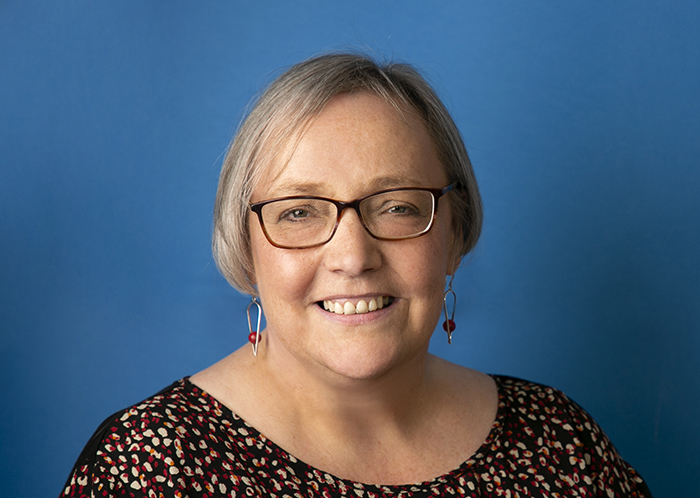SallyAnn Kelly of Aberlour on what councillors can do to help make Scotland a country where no child goes hungry
In a country as rich as Scotland no child should ever go hungry.
Everyone can agree on that.
Sadly, we know that this is not true for tens of thousands of families across Scotland struggling to feed their children.
Spiralling energy bills, rising food costs and increasing inflation have all led to a cost of living crisis for those on the lowest incomes.
For families we work with at Aberlour it has already become a cost of living catastrophe.
A very worrying picture has emerged of families trapped in poverty as a result of a cycle of debt to public bodies, such as councils, housing associations, DWP – and even schools.
Research Aberlour has commissioned has highlighted a growing number of families who can’t afford to feed their children at school.
This is increasingly a problem for many struggling families who are not currently eligible for free school meals.
Our research has shown that income thresholds for free school meal eligibility have barely risen in the last 20 years.
In 2002 low income working families with an income of just over £13,000 were eligible for free school meals, but today that income threshold is a little more than £16,000.
However, adjusted for inflation, the income threshold from two decades ago would be the equivalent of around £22,000 in 2021.
This means that far fewer children are eligible for free school meals today than 20 years ago.
In that time we have seen child poverty steadily rise.
Our research has shown that currently there is more than £1 million in school meal debt owed by families across Scotland.
There is also a concerning and inconsistent picture of how schools and councils respond to families in school meal debt.
These debts are usually chased through local debt recovery practices, which can take councils years to try and recover.
Cashless payment systems are now used in most schools to pay for school meals, requiring parents to pay in advance.
These systems can allow debt to build up where a child in primary school who is not eligible for free school meals is given a school meal and the debt is then added to their cashless account.
For pupils in secondary school they face the stigmatising experience of identifying themselves as having no money to then be given a voucher which they have to exchange for a meal.
Our research also revealed that some councils treat the provision of school meals in such circumstances as discretionary, suggesting some pupils may be refused a meal.
This is a clear breach of children’s human rights and a shocking admission, as we look towards the incorporation of the United Nations Convention on the Rights of the Child (UNCRC).
However, most alarming is the likelihood that secondary school pupils without any money in their school meal account are avoiding stigma, shame and debt, and instead are going hungry.
What is clear is that families are in debt because they can’t afford school meals.
We need to think differently and compassionately about how we respond to those families.
Councils must be true to their stated commitments to realising UNCRC and to #KeepThePromise in order to better support families who are struggling to feed their children.
So, ahead of the local elections Aberlour is calling on all candidates and parties to commit to do more to prevent school meal debt and hidden school hunger.
We want CoSLA and councils to work together to ensure:
- A single school meal debt policy for all schools which is consistent, non-stigmatising and rights-based, with a guarantee that no child will go hungry;
- Any school meal debt accrued by any family that becomes eligible or registers late for free school meals to be automatically written off;
- A debt amnesty for all outstanding school meal debt, as children move from primary to secondary school and as universal free school meal provision in primary schools is rolled out by the end of this parliament.
But we know this is not just an issue for councils.
And so Aberlour is urging the Scottish Government to take action nationally to increase free school meal eligibility.
We are calling on the Scottish Government to maximise eligibility for free school meals for low income working families, to reduce financial hardship, help end school meal debt and reduce the likelihood of hunger in schools.
Locally and nationally these are steps that can help meet Scotland’s ambition of ending child poverty.
We can and must make Scotland a country where no child ever goes hungry.
SallyAnn Kelly is CEO of Aberlour







